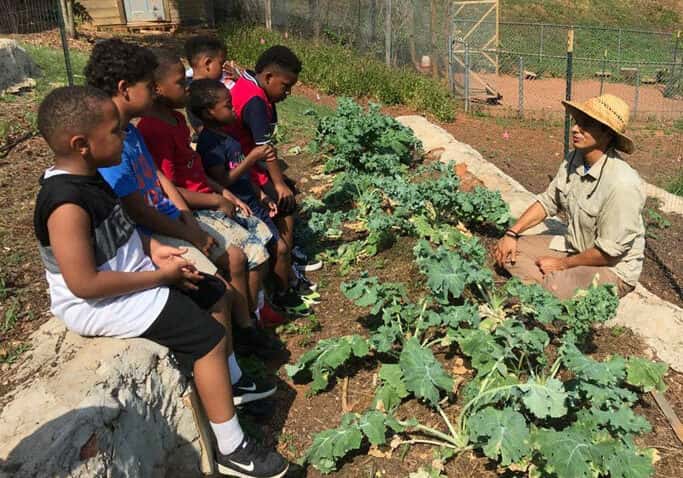
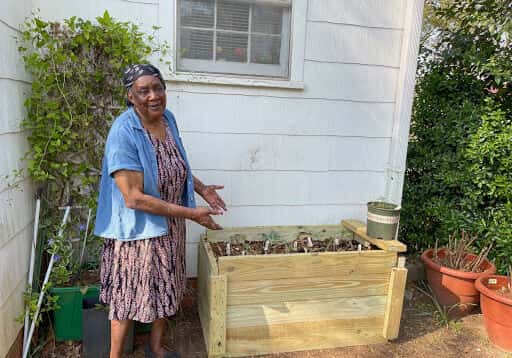
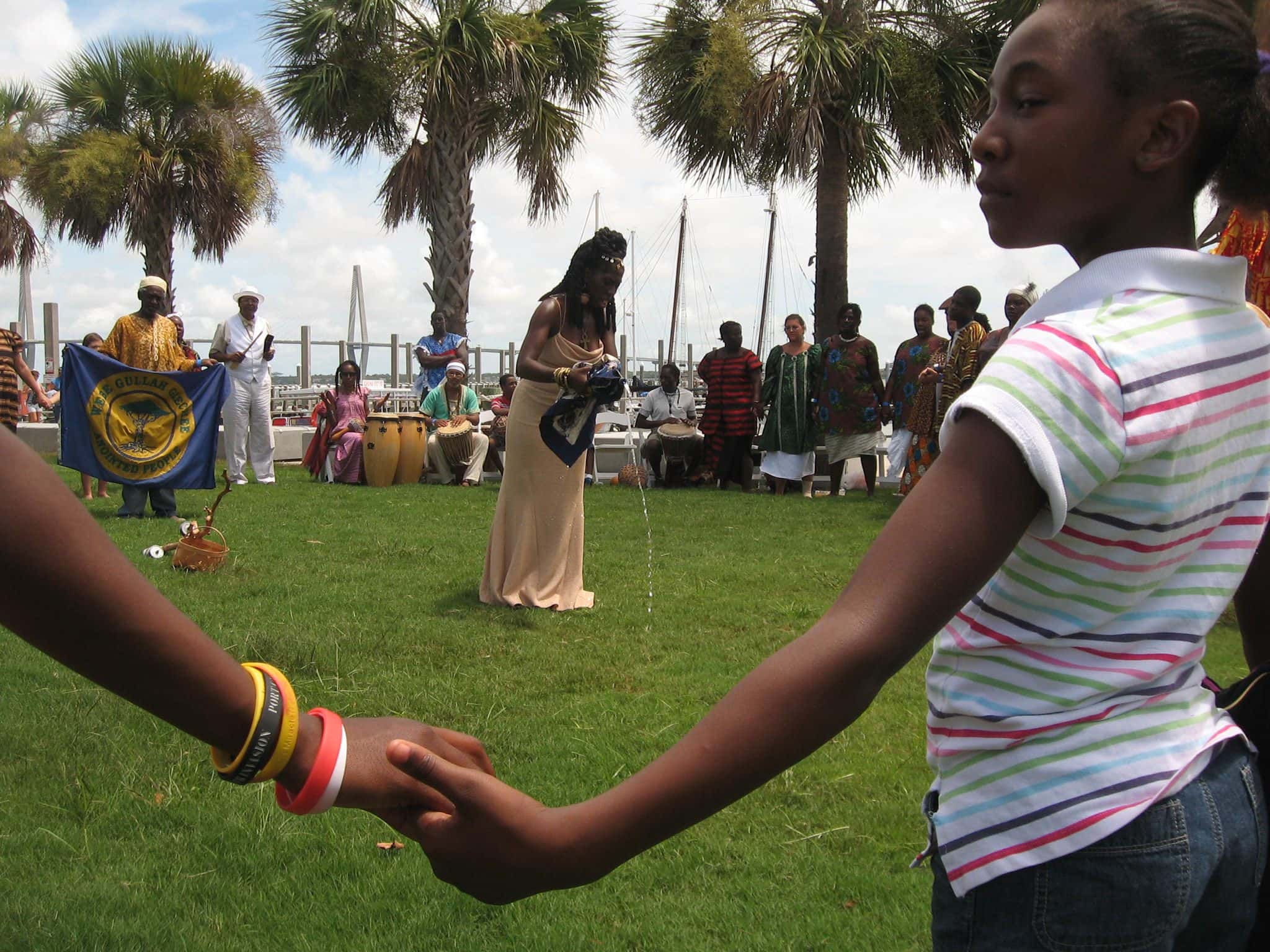

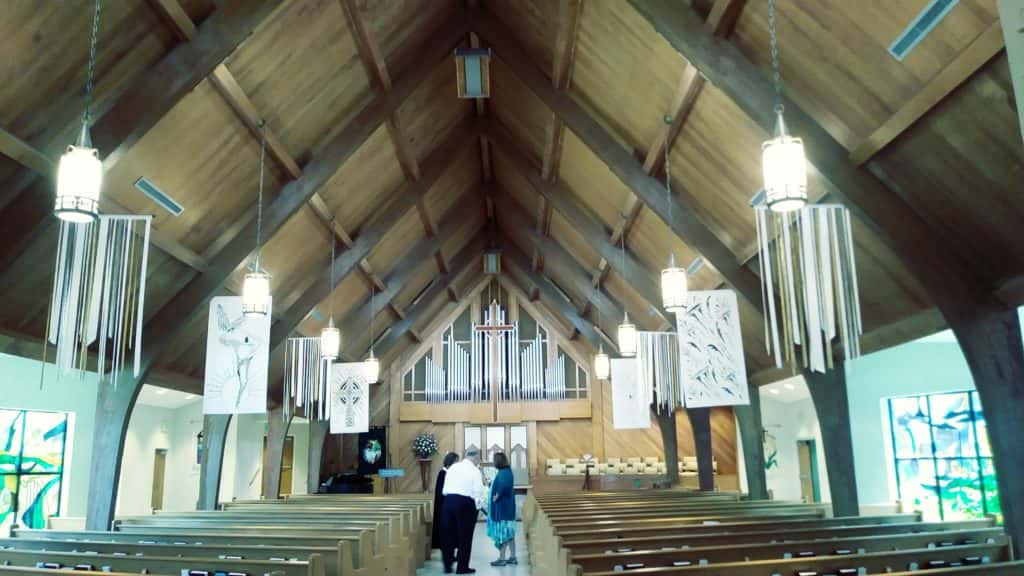
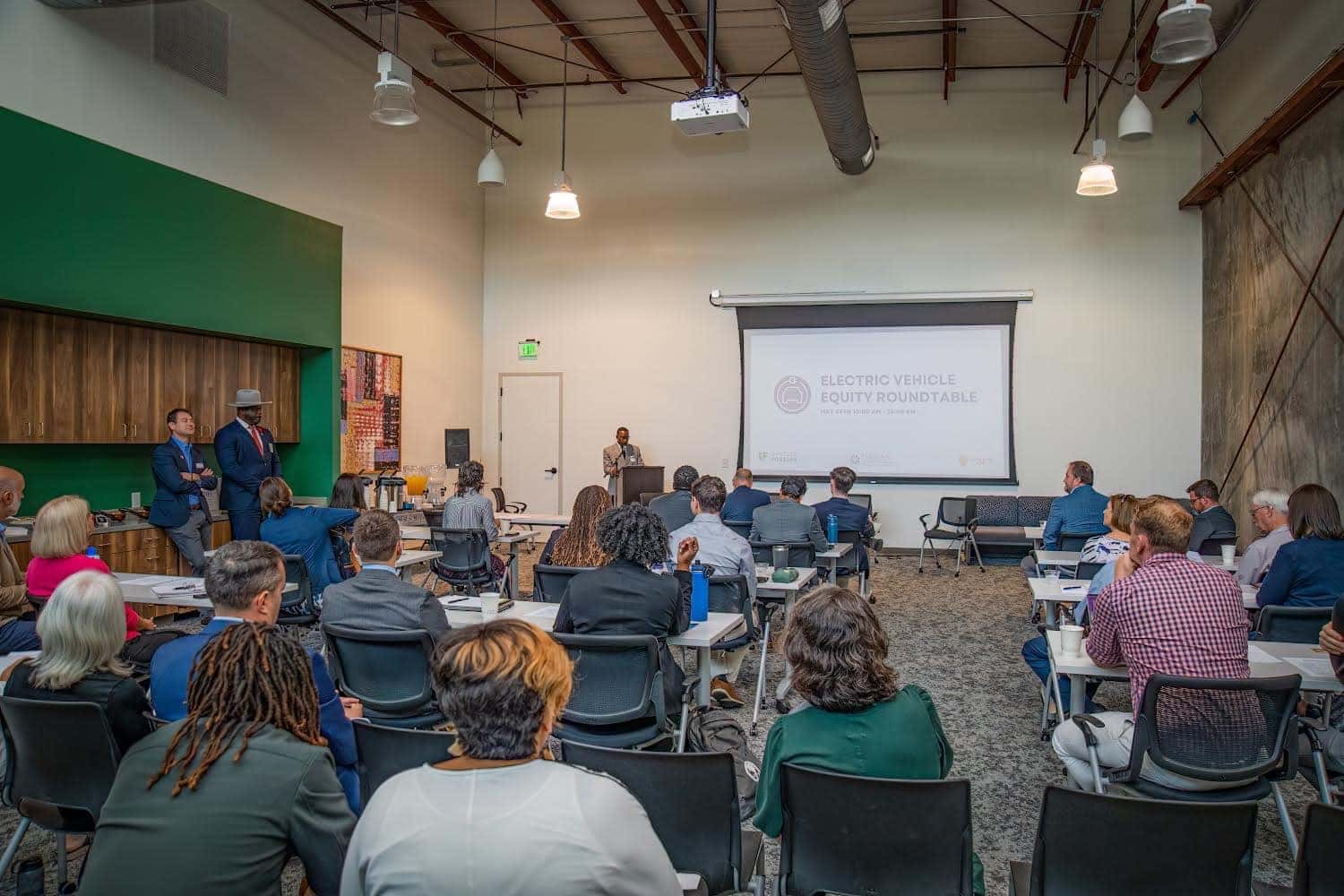
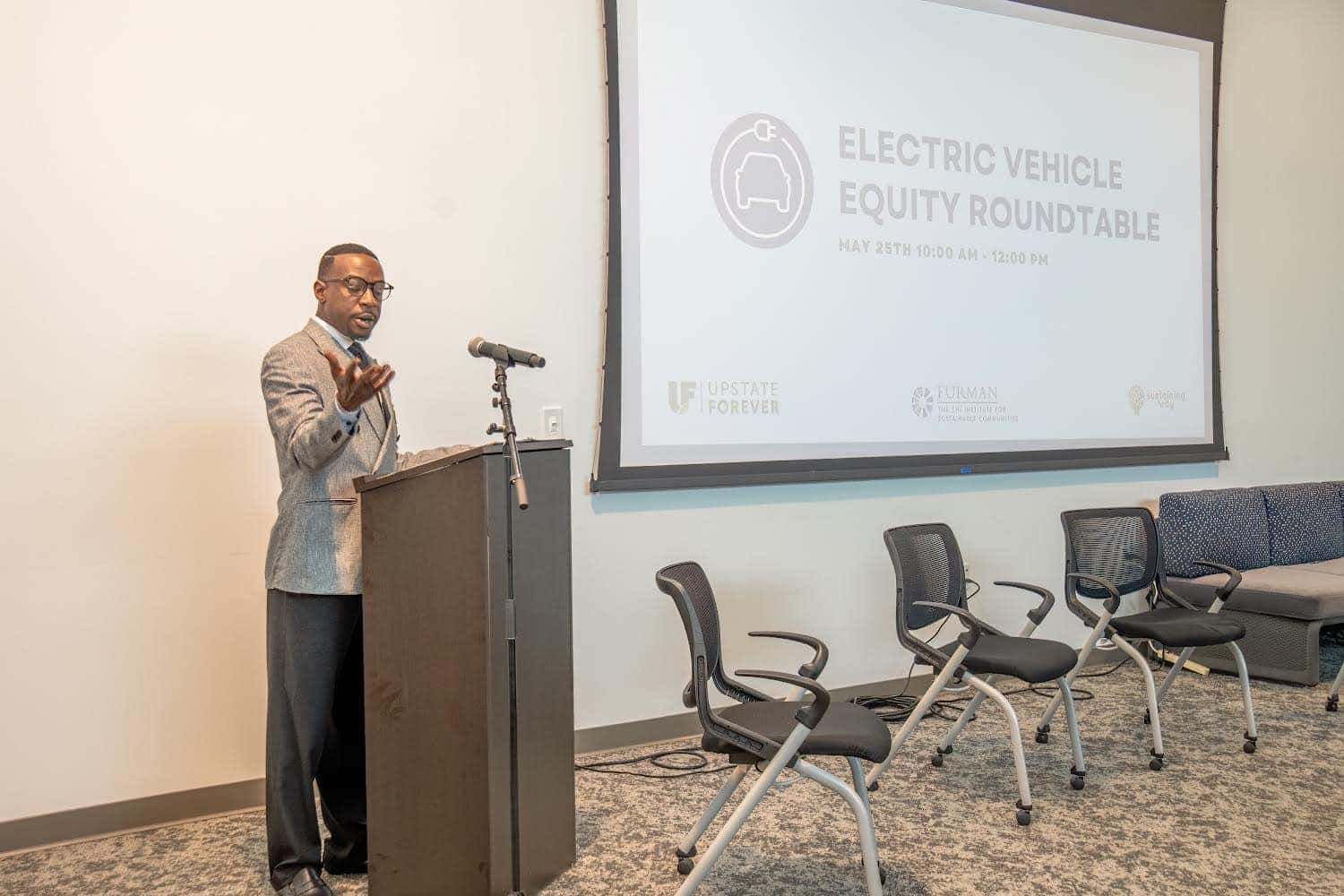
South Carolina Interfaith Power and Light
Greenville, SC
In 2021, Climate Nexus launched an Energy Equity Regranting Project to help resource organizations, tribes, and community leaders on the frontlines of climate change and the impactful work they are doing to fight the gas industry. The energy equity transition grants prioritize grassroots groups with an annual budget of $1 million or less to boost their efforts in racially, ethnically, gender, and culturally diverse communities across the United States and at the intersections of public health and energy justice.
In our first year running the program, nine organizations received grants ranging from $20,000 to $40,000, including South Carolina Interfaith Power and Light, whose work is detailed below.
Overview
Southern households pay some of the highest monthly electric bills nationwide, forcing some families to choose between keeping the lights on or paying for groceries, medicine, and other essential needs—many families across South Carolina experience disproportionate energy burdens. Households of color, senior citizens, and residents earning a lower or fixed income are often hit hardest by high electric bills. In South Carolina, many households lack access to programs that would allow them to manage their energy use better and save money on electric bills while driving down electricity costs across the board for all users.
Activities
- In partnership with Climate Nexus and the Southeast Faith Leaders Network, a coalition of faith groups, including the South Carolina Interfaith Power and Light, the North Carolina Council of Churches, the Alabama Interfaith Power and Light, and Creation Justice Ministries, launched a yearlong “Climate Revival.” This initiative is designed to chart a new chapter in the southeastern region’s climate justice movement and ensure no one is deprived of the opportunity to elect leaders who have their interests at heart, including supporting policies and practices that can help buffer their communities from the harshest impacts of climate change in 2022.
- In an effort to help churches become hubs of resilience, help communities weather the physical, social, and spiritual storms of the climate crisis, and make a case for action to tackle climate change and protect what we love from its impacts, Climate Nexus helped SCIPL launched the “For the Love of…” campaign.
- Since its 2018 launch, SCIPL’s Congregational Energy Efficiency Challenge (CEEC) has saved houses of worship close to $600,000 by reducing energy usage by more than 5,000 MWh. This is equivalent to the CO2 sequestration of planting more than 60,000 trees. Congregations entering the CEEC are eligible to receive grant funding for their environmental initiatives. The challenge educates congregations about earth care and energy efficiency. It also motivates congregations to take action! The CEEC is especially helpful to churches in underserved communities because energy efficiency helps lower monthly bills. The grant funding allowed SCIPL to expand its CEEC electrification program.
- The Faith Leaders Civic Engagement Academy energizes faith and environmental justice communities by offering a 3-day training in collaboration with the South Carolina Office of Minority Affairs. The goal of the Academy is to educate individuals on how to engage and organize to bring about needed change.
Lessons Learned
SCIPL’s Civic Engagement program has been virtual due to COVID-19 safety restrictions. However, they are beginning to offer in-person meetings to support CEEC participating faith communities.
Future and Sustainability
SCIPL is extremely hopeful about the future of its work and its leadership council has committed to expanding its impact throughout the state and is in the early stages of becoming an independent 501c(3).



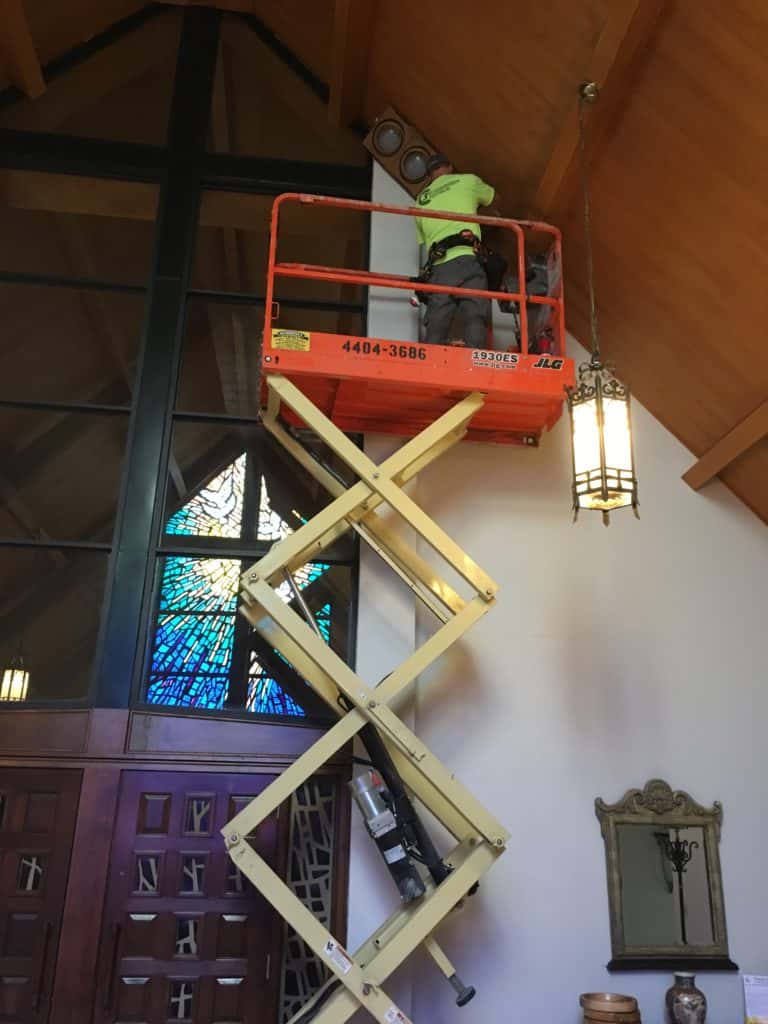



Filter Grantees by Year:
-

Rio Grande International Study Center
RGISC conducts independent research and community education to steward the environmental preservation and restoration of the Rio Grande Basin.
-
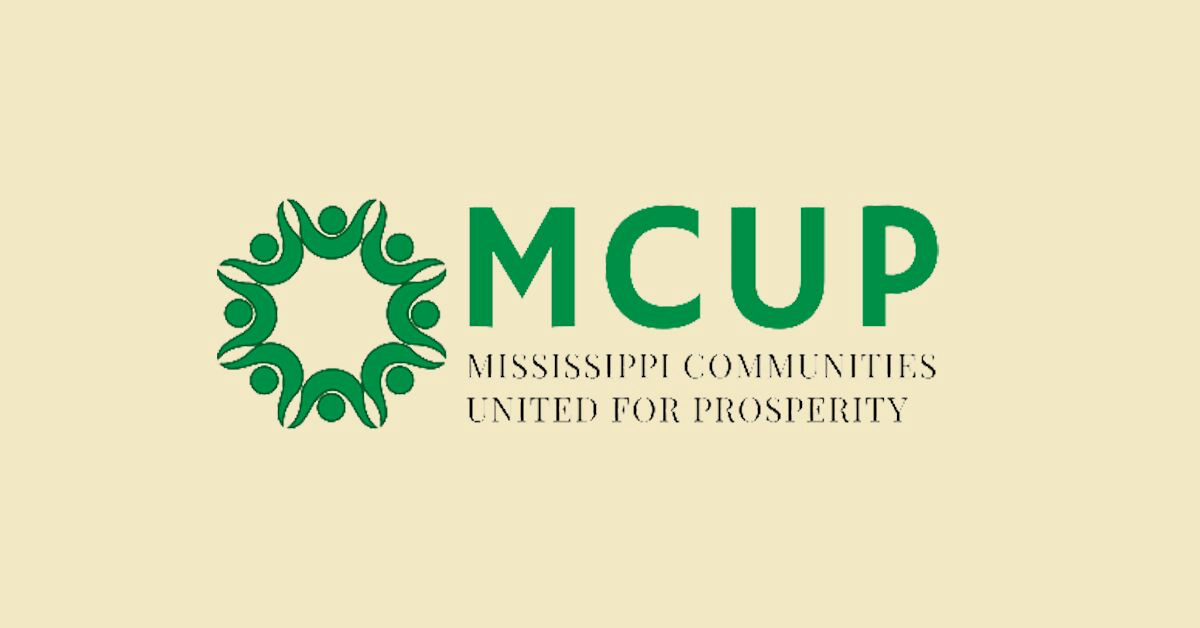
Mississippi Communities United for Prosperity
MCUP is examining the feasibility of Duck Hill developing a solar and wind park to convert the town to 100% electric and renewable energy.
-
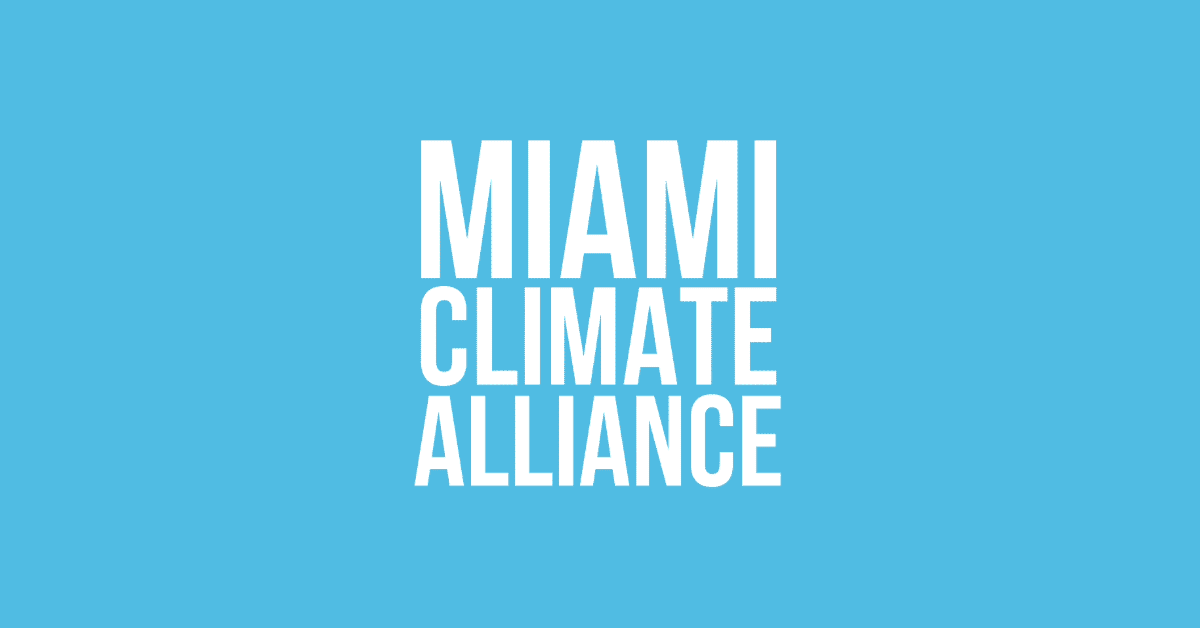
Miami Climate Alliance
The Miami Climate Alliance works across three areas: climate and health, energy justice, and advancing The Gulf South for a Green New Deal.
-

South Carolina Interfaith Power and Light
SCIPL develops programming and resources around food insecurity, high energy bills, electric vehicle infrastructure, and resilience hubs.
-
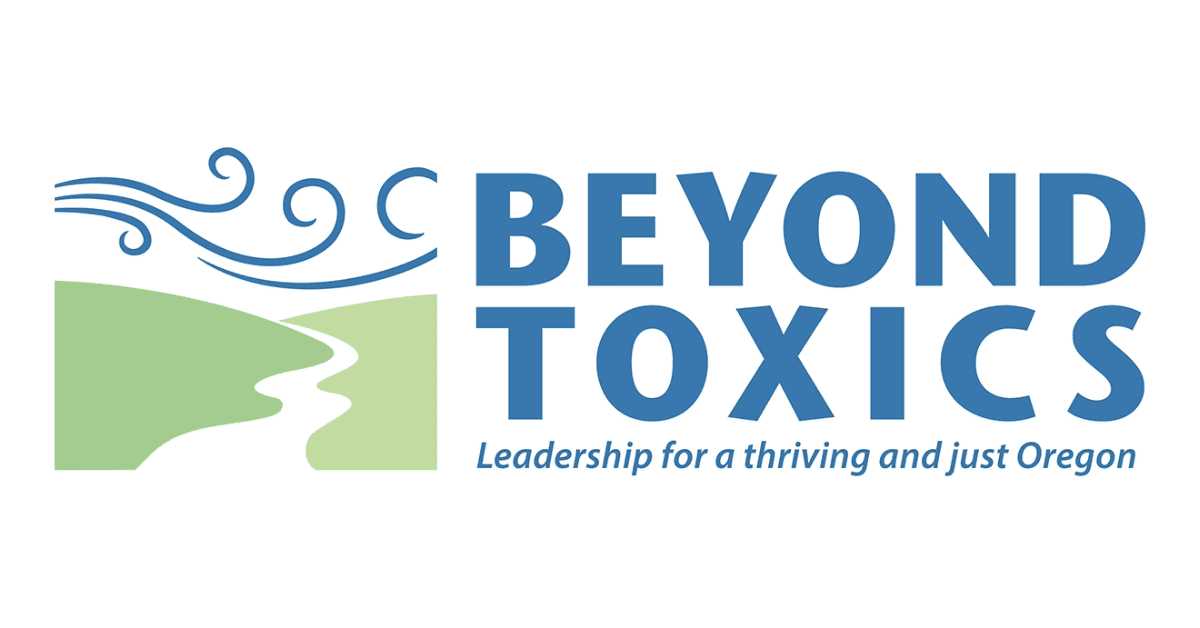
Beyond Toxics
Beyond Toxics is fighting the fracking industry, educating Lane County residents on climate and fossil fuels, and advocating for renewable energy projects.
-
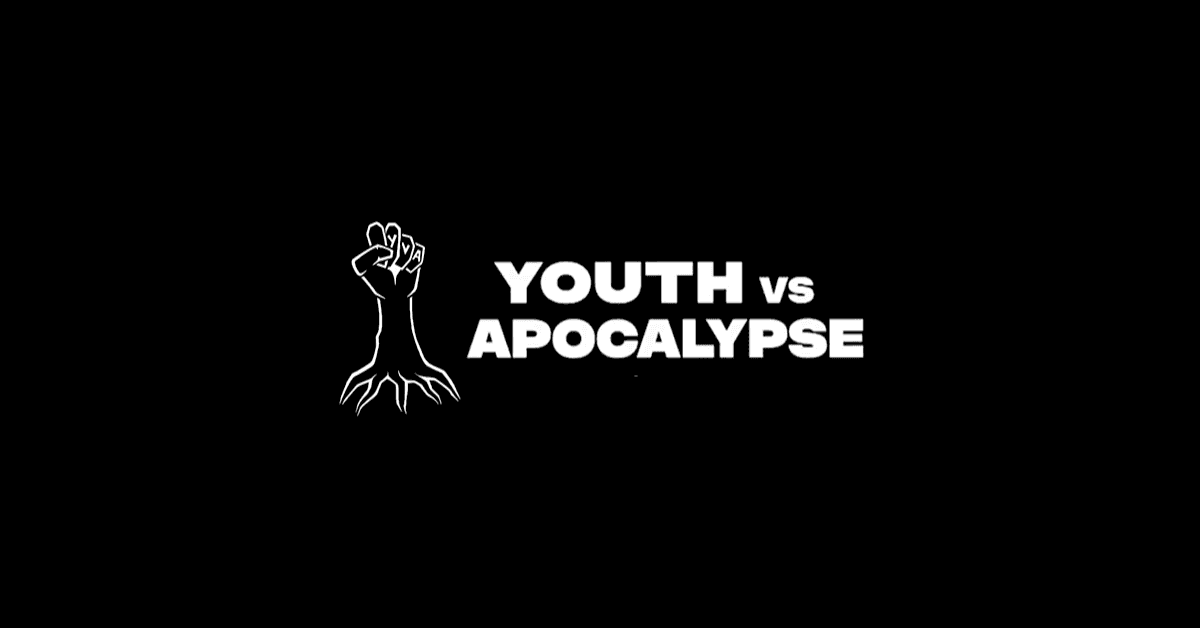
Youth vs The Apocalypse (YVA)
YVA uses Zoom to both build community and practice key leadership skills from strategic planning to giving interviews to social media strategies.
-
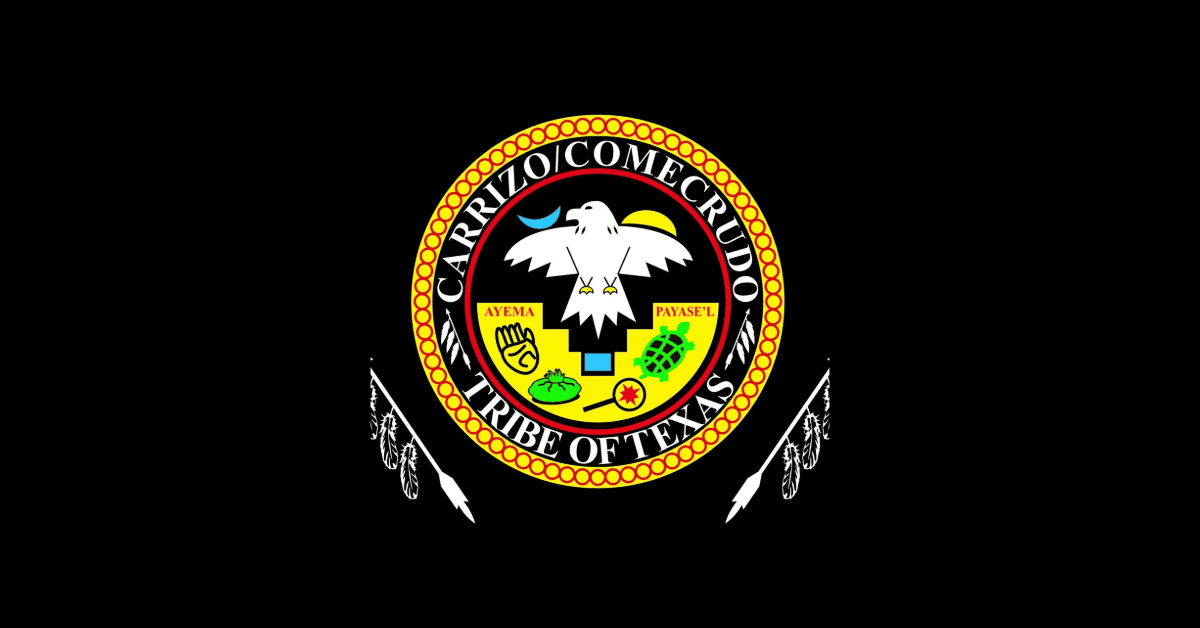
Carrizo Comecrudo Tribe of Texas
The Carrizo Comecrudo Tribe travels throughout Texas, monitoring pipelines, disposal wells, ongoing border wall construction, and fracking/flaring violations.

